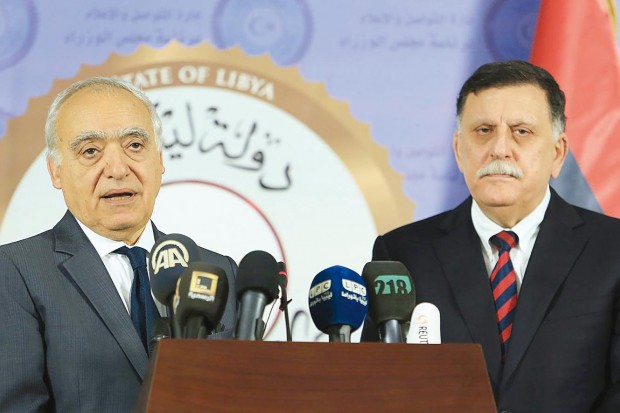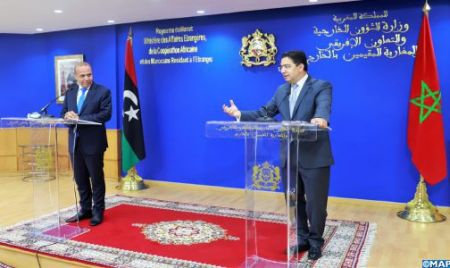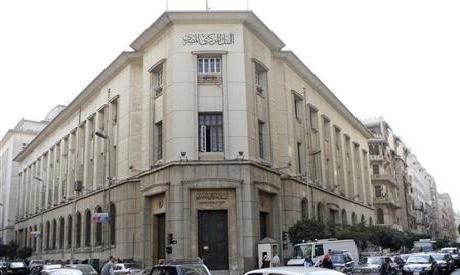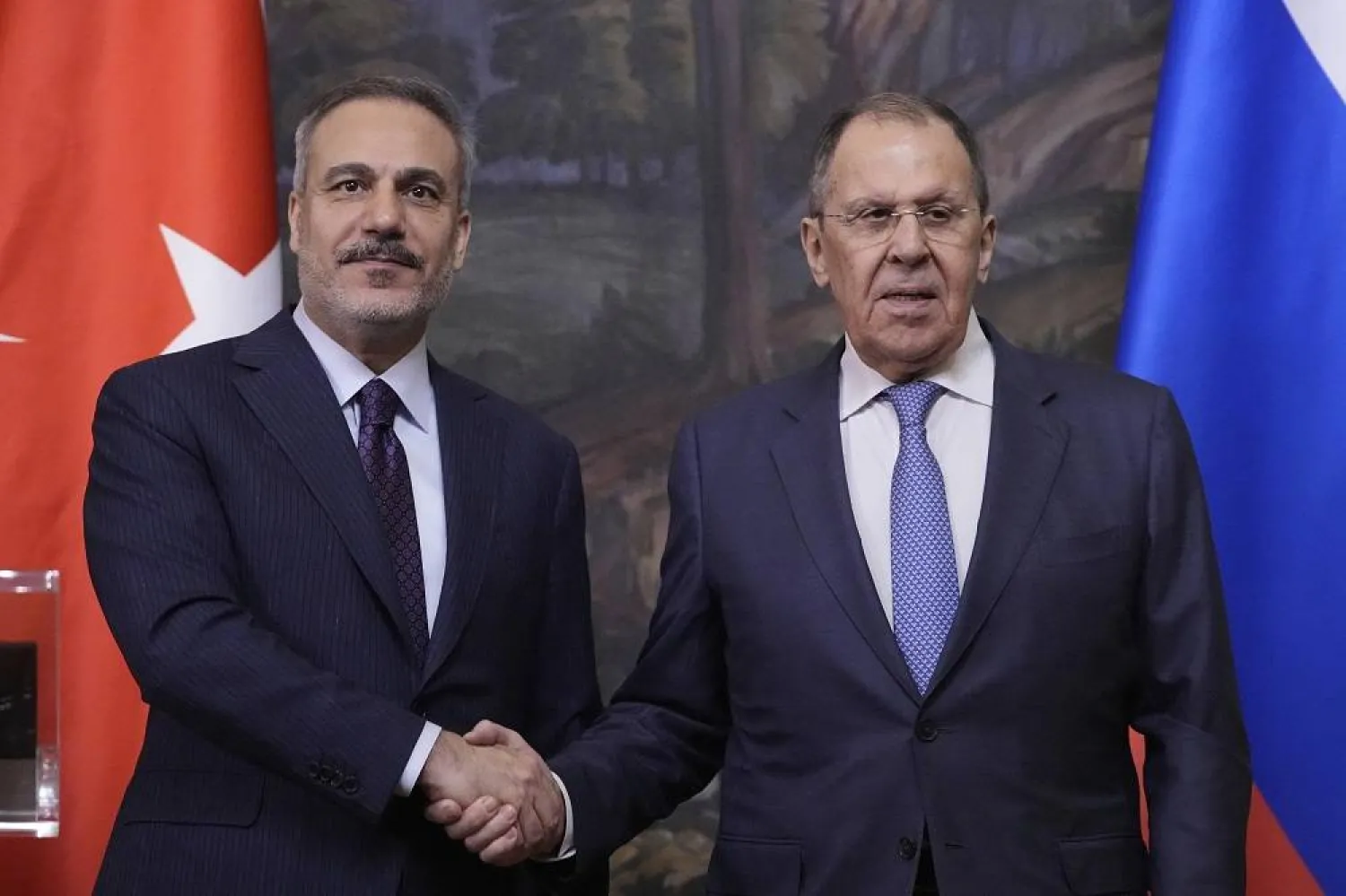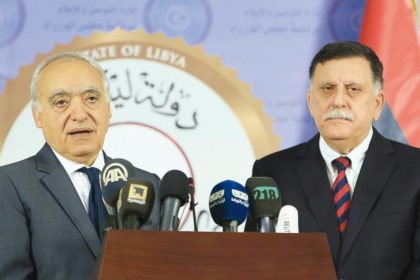 Head of the UN special mission in Libya (UNSMIL) Ghassan Salamé Wednesday came up with new actions to end the seven-year old Libyan crisis noting that Libyan Political Agreement (LPA) signed in 2015 remains the country’s political roadmap, although it needs, in its current state, some adjustments.
Head of the UN special mission in Libya (UNSMIL) Ghassan Salamé Wednesday came up with new actions to end the seven-year old Libyan crisis noting that Libyan Political Agreement (LPA) signed in 2015 remains the country’s political roadmap, although it needs, in its current state, some adjustments.
Despite a nearly two-year-old Political Agreement, Libya remains fraught with numerous challenges, including insecurity, frustration, political dysfunction and economic despair.
Salame presented the new action plan to a high level meeting on Libya held in New York with the participation of UN Secretary General Antonio Guterres, who voiced deep concern about the political, security, socio-economic and humanitarian situation in the North African nation.
The new plan according to the UN envoy renders Libyans responsible for the faith of their own country and brings on board other groups that felt marginalized or under-represented during the signing of the LPA in Morocco in 2015.
The LPA which hashed the Presidency Council (PC) and the Government of National Accord (GNA), both headed by Faiez Serraj, has been criticized by the country’s internationally recognized legislature, the House of Representatives (HoR), and by East-based government supported by self-imposed army Field Marshal Khalifa Haftar.
The HoR and Haftar have demanded that the LPA be modified before they work with the PC and the GNA.
Salamé proposed as a first step establishment of a committee to draft amendments to the original LPA.
The move will be followed by a major national conference sponsored by the UN that will bring together all factions, which will select new representatives for the country’s executive institutions and debate the amended political accord.
Salamé noted that this political sequence must be underpinned by concrete progress in a number areas, including preparation by the High National Election Commission for electoral events; dialogue with armed groups with the aim of integrating their members within the political process and civil life; an initiative to unify the national army; and continued and intensified local reconciliation efforts.
The UNSMIL’s new plan seeks to have all Libyan sides work together and reach consensus on a timeline and legislation for a new constitutional referendum and parliamentary and presidential elections.
“This process, in all its stages, is indeed meant to prepare the proper conditions for free and fair elections, which will usher Libya into institutional and political normalcy,” said the Special Representative.
Nominal Prime Minister Faiez Serraj’s mandate is expiring in December.
Serraj and Haftar had agreed last July at a France-sponsored meeting on a ceasefire and the holding of general elections in 2018.
Salamé noted the new action plan would take at most one year from now, with the final stage being the presidential election.
